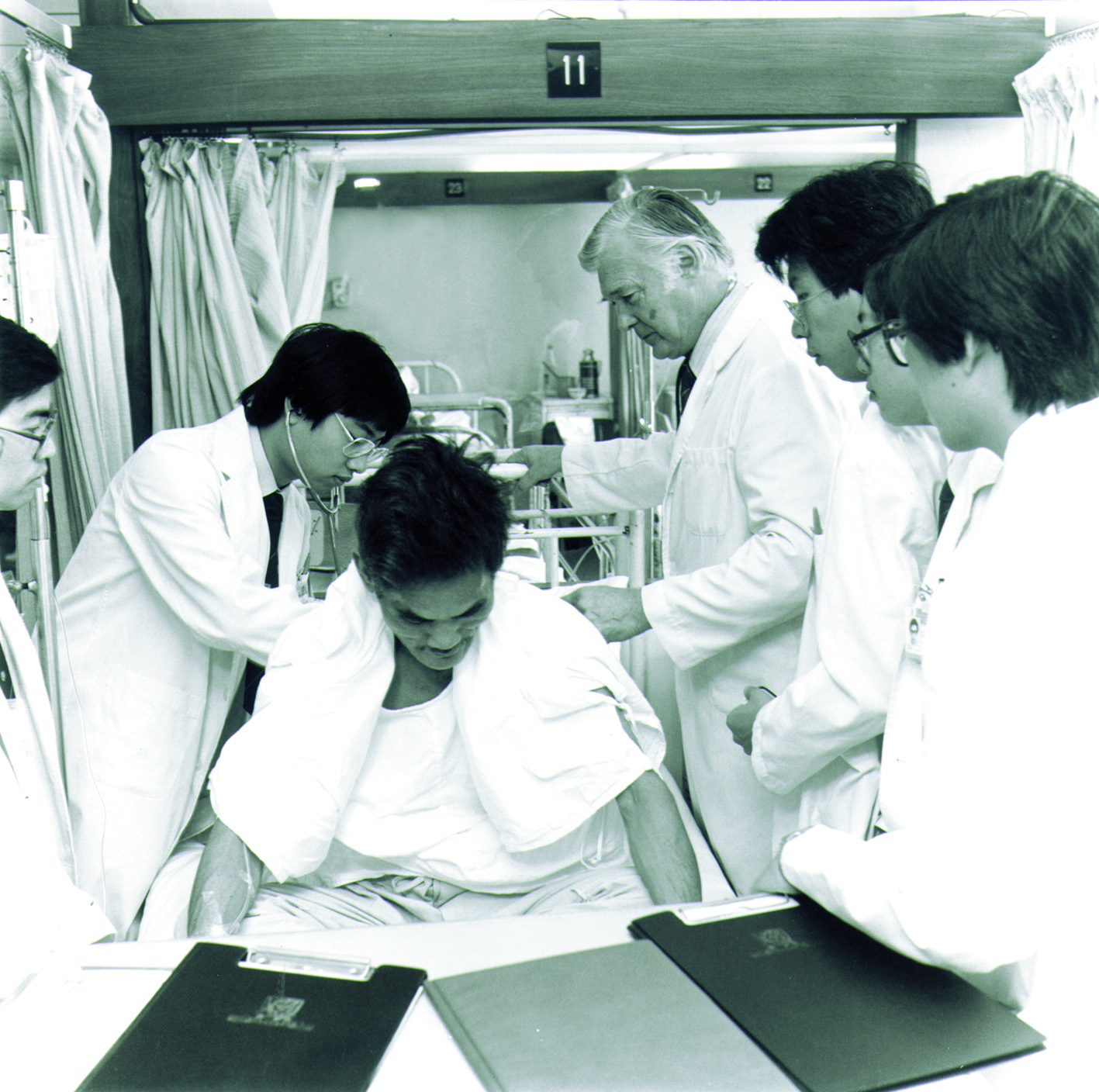CUHK administered its own entrance examination in the early years. Results on the Higher Level Examination and Advanced Level Examination were later used as admissions criteria, which were subsequently replaced by results on the Hong Kong Diploma of Secondary Education (HKDSE) following the reintroduction of the four-year normative curriculum in 2012. The turn of the millennium saw CUHK actively expanding its non-local student intake to cultivate a more diverse learning environment for young people from across the country and around the world. In 2005, the results of the Joint Entrance Examination for Universities in the PRC, or Gaokao, were adopted to enrol mainland students.
The pedagogies adopted by CUHK have been continually upgraded and perfected. Lectures and tutorials aside, a wide variety of learning activities and assessments has been conducted, with new technologies playing an increasingly important role. As early as the 1970s, CUHK set up a Committee on Instructional Development, which evolved and expanded into the Centre for Learning Enhancement and Research (CLEAR). Throughout the years, teachers have designed and launched many innovative pedagogical projects. In January 2020, in the face of the coronavirus pandemic, the University pioneered the use of virtual teaching and learning, conducting over 8,300 lessons, tutorials and other teaching activities online each week in a swift response to the immediate needs of the teachers and students.
Degrees are awarded on the basis of students’ subject results and grade point averages. In the early years, undergraduates were required to sit both the intermediate examination at the end of their second years as well as the final degree examination, the latter being in use until 1986.







